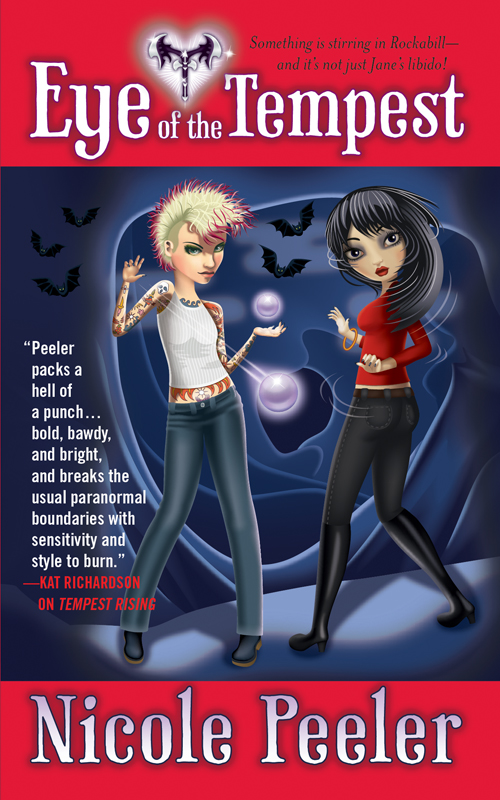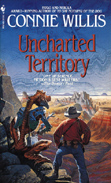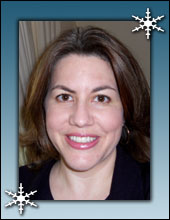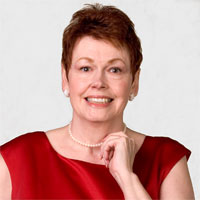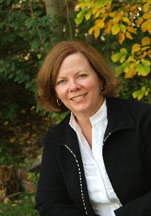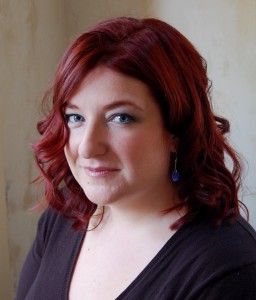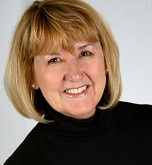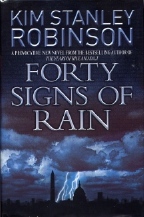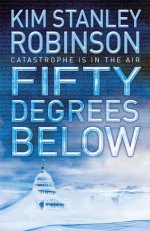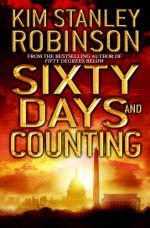I just finished two new books I've been dying to read:
Smokin' Seventeen by
Janet Evanovich, released June 21, and
Ghost Story by
Jim Butcher, released July 26. I thoroughly enjoyed both of them but I couldn't help noticing the authors' approaches to a series are significantly different.
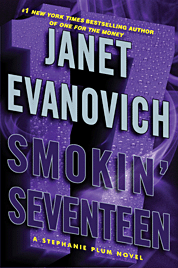 | Smokin' Seventeen is the 17th (duh) book in the Stephanie Plum series. Evanovich says, Dead bodies are showing up in shallow graves on the empty construction lot of Vincent Plum Bail Bonds. No one is sure who the killer is, or why the victims have been offed, but what is clear is that Stephanie's name is on the killer's list.
...With a cold-blooded killer after her, a handful of hot men and a capture list that includes a dancing bear and a senior citizen vampire, Stephanie's life looks like it's about to go up in smoke.
It's as funny as it sounds. Evanovich is one of my all-time favorite authors. |
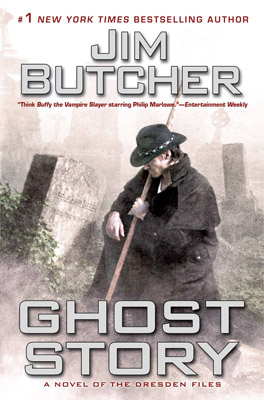 | Ghost Story is the 13th book in the Dresden Files series. Butcher says, ...being dead doesn’t stop him when his friends are in danger. Except now he has no body, and no magic to help him. And there are also several dark spirits roaming the Chicago shadows who owe Harry some payback of their own.
To save his friends — and his own soul — Harry will have to pull off the ultimate trick without any magic…
It's as exciting as it sounds. Butcher is one of my all-time favorite authors. |
Okay, I'll try to stop gushing.
If I put on my writer hat, one thing I've thought is while I love Stephanie Plum and her series, it's a little disappointing how she never changes. She doesn't seem to learn or even get better at anything. I also really enjoy all the supporting characters, Grandma Mazur, Morelli, Ranger, Lula and the rest, and yet, they never change either. As a writer, I can't help thinking it would be better if the series had a character arc. I've heard Ms. Evanovich speak and she says she doesn't change things because readers don't want her to change things. At book 17, I guess you can't argue with success.
At the opposite end of the spectrum is Harry Dresden and his series; Harry changes a lot. In fact, at the end of book 12 Changes, Harry dies. It's difficult to change more than that! Ghost Story is tricky to talk about because I don't want to give away any spoilers, but I'll admit, I'm worried. It appears that Harry says final goodbyes to all the supporting characters (that I also love) Murphy, Molly, Bob, Thomas and the rest. Could Harry leave all his friends and family behind? Could the series do that? As a reader, I would be extremely upset. As a writer, I wonder if maybe Butcher is going too far. But, I'll let you know after I read book 14. :)
Thus, right now, I'm thinking a happy medium between static Stephanie and changeable Harry might be the best course for an author to take in a series. What do you think?
